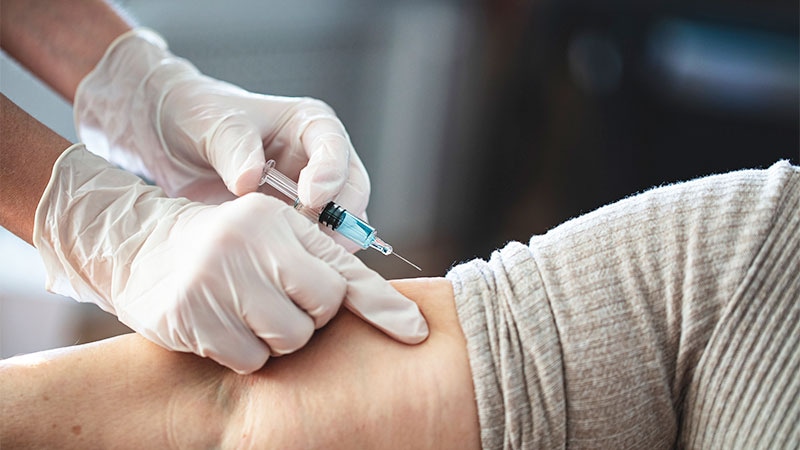Takeaway
- Children with early atopic dermatitis (AD) exhibit a blood proteomic signature of systemic inflammation that is distinct from adult patients.
Why this matters
- Little is known regarding systemic inflammation in early pediatric AD; this study suggests a need for early intervention.
Key results
- Levels of Th2 (CCL13, CCL22) and Th17 (PI3/elafin) markers were most strongly increased in pediatric AD blood compared with controls.
- These markers were distinct from adult patients with AD.
- Early-onset pediatric AD had a smaller set of upregulated proteins (n=22) compared with adults with longstanding AD (n=61).
- Only 3 proteins (CCL13, MMP10, and TGF-α) were upregulated in both pediatric and adult AD.
- Levels of the soluble cytokine receptors ST2 (IL1RL1) and IL1RL2 were correlated with clinical severity, whereas Th1-associated markers IFN-γ, CXCL11, and CCL2 (MCP-1) were inversely correlated with clinical severity.
Study design
- 30 children <5 years old with moderate to severe AD within 6 months of onset, along with age-matched control subjects and adult patients with AD, were analyzed for levels of 257 inflammatory and cardiovascular risk proteins.
- Funding: Galderma S.A.; NIH; Pfizer; Northwestern Skin Disease Research Center; Northwestern University Clinical and Translational Sciences Institute.
Limitations
- Proteins showed different baseline expression in healthy pediatric vs adult samples.
References
References

